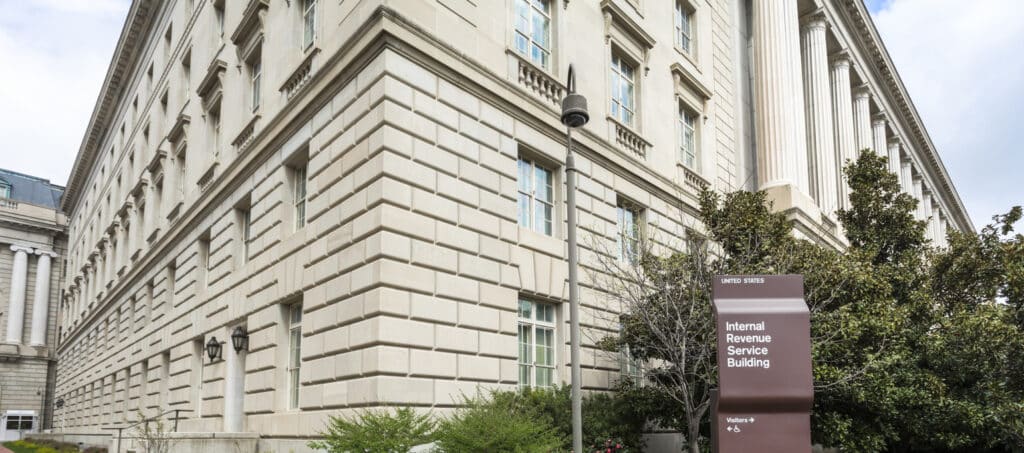On April 4, the Internal Revenue Service (IRS) announced via an email bulletin that the Director of the IRS Whistleblower Office, Lee D. Martin, will leave the agency on April 9. Martin has served as the head of the IRS Whistleblower Program since August 2015. Martin is leaving the IRS to take over as the Director of the Directorate of Whistleblower Protection Programs at the Occupational Safety and Health Administration (OSHA).
As the Director of the IRS Whistleblower Office, Martin serves as a principal advisor to the IRS Commissioner and other top IRS officials on the execution of the agency’s Whistleblower Program. Before taking over as Director of the IRS Whistleblower Office, Martin served as Deputy Director for the IRS’s Office of Professional Responsibility. Prior to this, he served as the Director of Enterprise Networks Operations in the IRS’s Information Technology organization.
The IRS Whistleblower Office was created in 2006 with the passage of the Tax Relief and Health Care Act. The Office issues whistleblower awards to individuals who provide specific and credible information to the IRS that “results in the collection of taxes, penalties, interest or other amounts from the noncompliant taxpayer.” Awards are issued in cases where the funds in dispute exceed $2 million or, in cases dealing with an individual, when the individual’s annual gross income is more than $200,000. In these cases, whistleblowers are entitled to an award of 15-30% of the funds collected.
The whistleblower program has become an invaluable tool in IRS enforcement efforts, resulting in the direct collection of over $6 billion from wealthy individuals and businesses caught dodging taxes.
However, the Whistleblower Office has been hampered by some issues, particularly long delays in issuing whistleblower awards. The program’s 2020 Annual Report to Congress revealed that on average, it takes the program 10.79 years to process an award claim.
On June 15 2021, Senators Chuck Grassley (R-IA) and Ron Wyden (D-OR) introduced the IRS Whistleblower Program Improvement Act of 2021. The bill, which is supported by whistleblower advocacy groups, makes several reforms to the IRS Whistleblower Program in order to improve the program’s operations and better protect whistleblowers who expose tax fraud. The bill is widely supported by whistleblower advocates.
In his new position at OSHA, Martin will head OSHA’s Whistleblower Protection Program, which enforces 25 whistleblower statutes relating to a wide variety of issues, including workplace safety, nuclear safety, railroad safety, money laundering, consumer financial protection, and safe drinking water. In the past, OSHA has hosted online open meetings for individuals to share concerns and feedback about the Whistleblower Protection Program.
However, OSHA recently has come under criticism: a February article from Stateline, an initiative of The Pew Charitable Trusts, highlights the shortcomings of OSHA’s whistleblower program and how staffing shortages have made it difficult for the agency to properly investigate whistleblower complaints.
